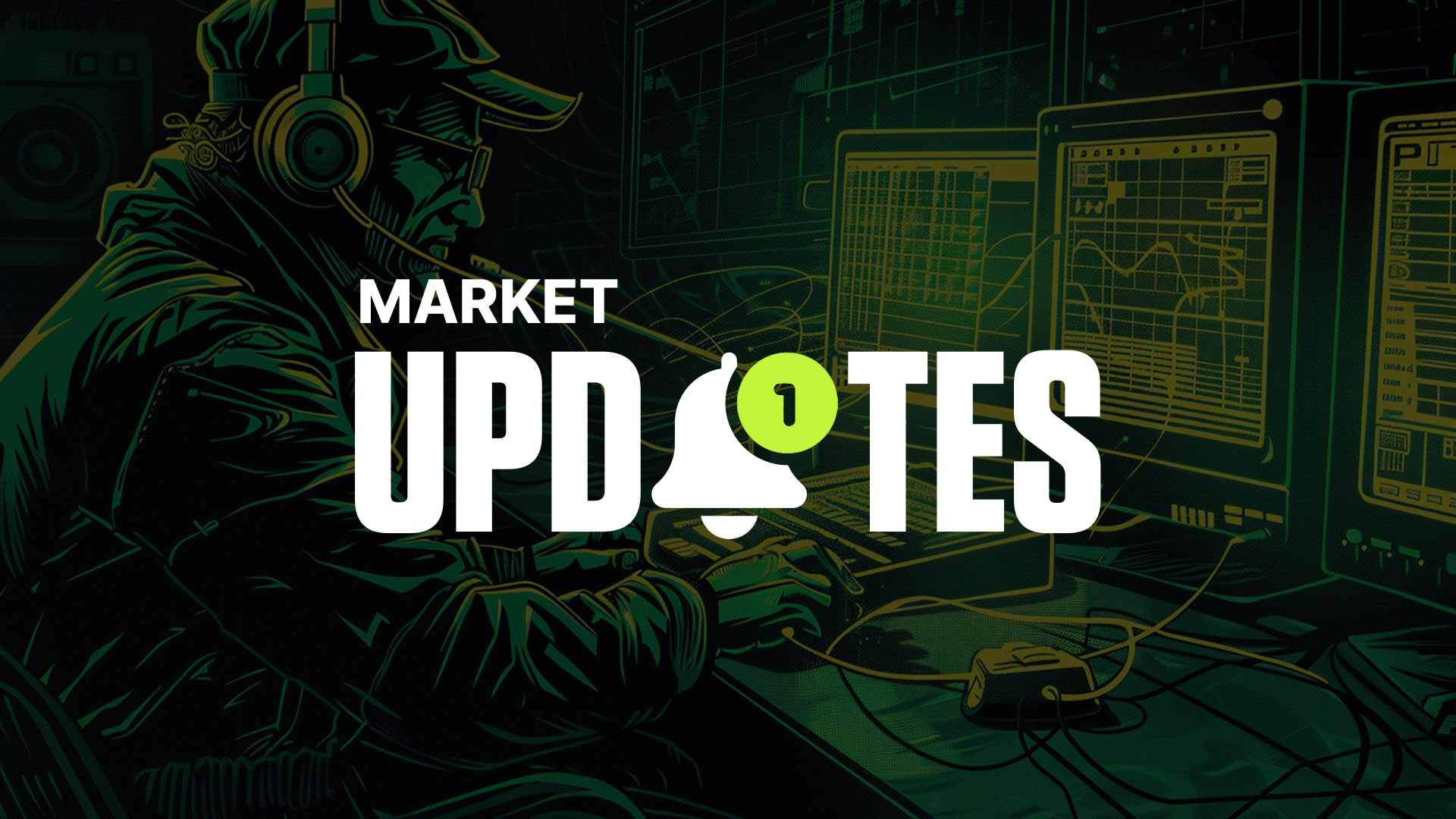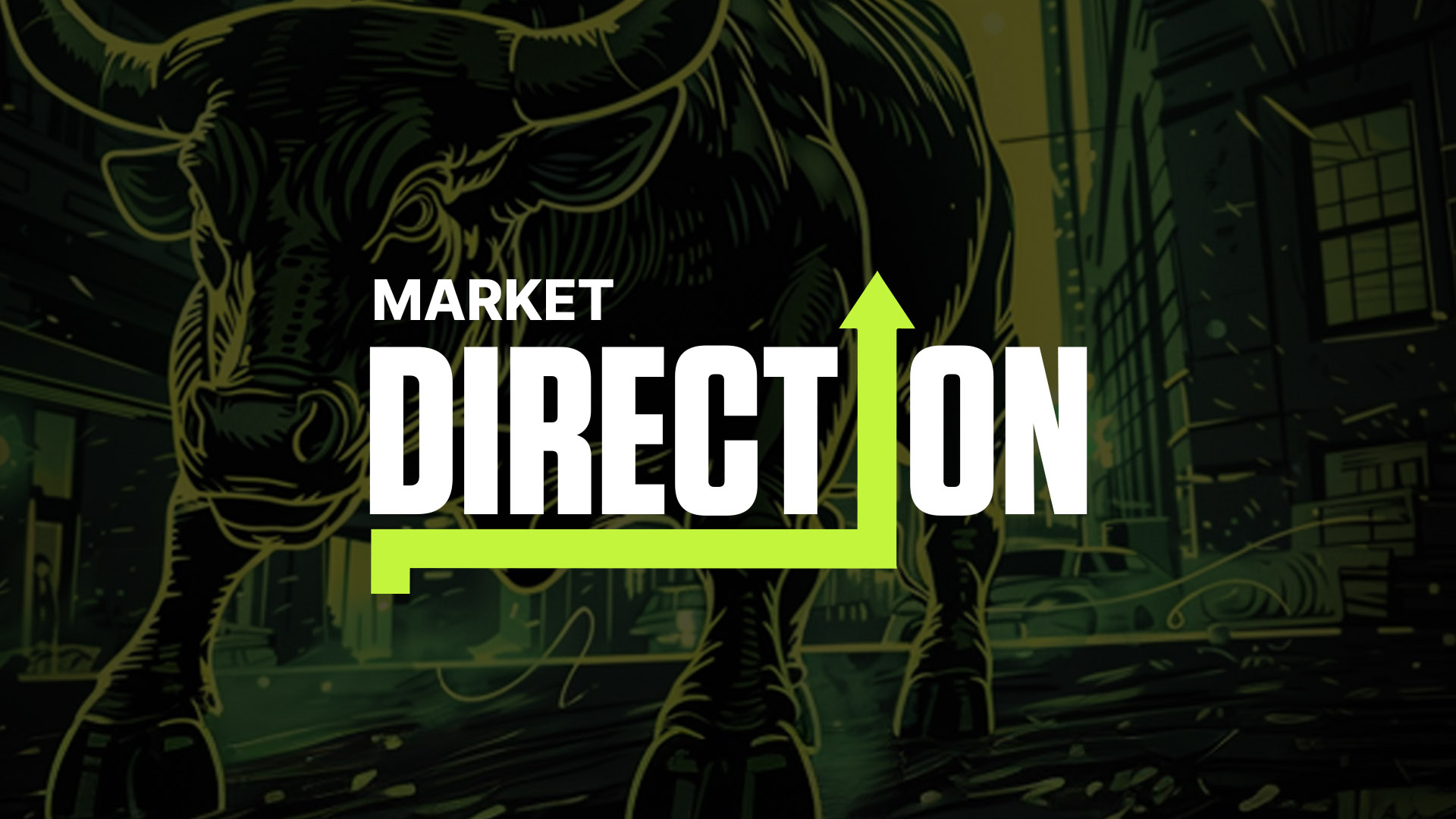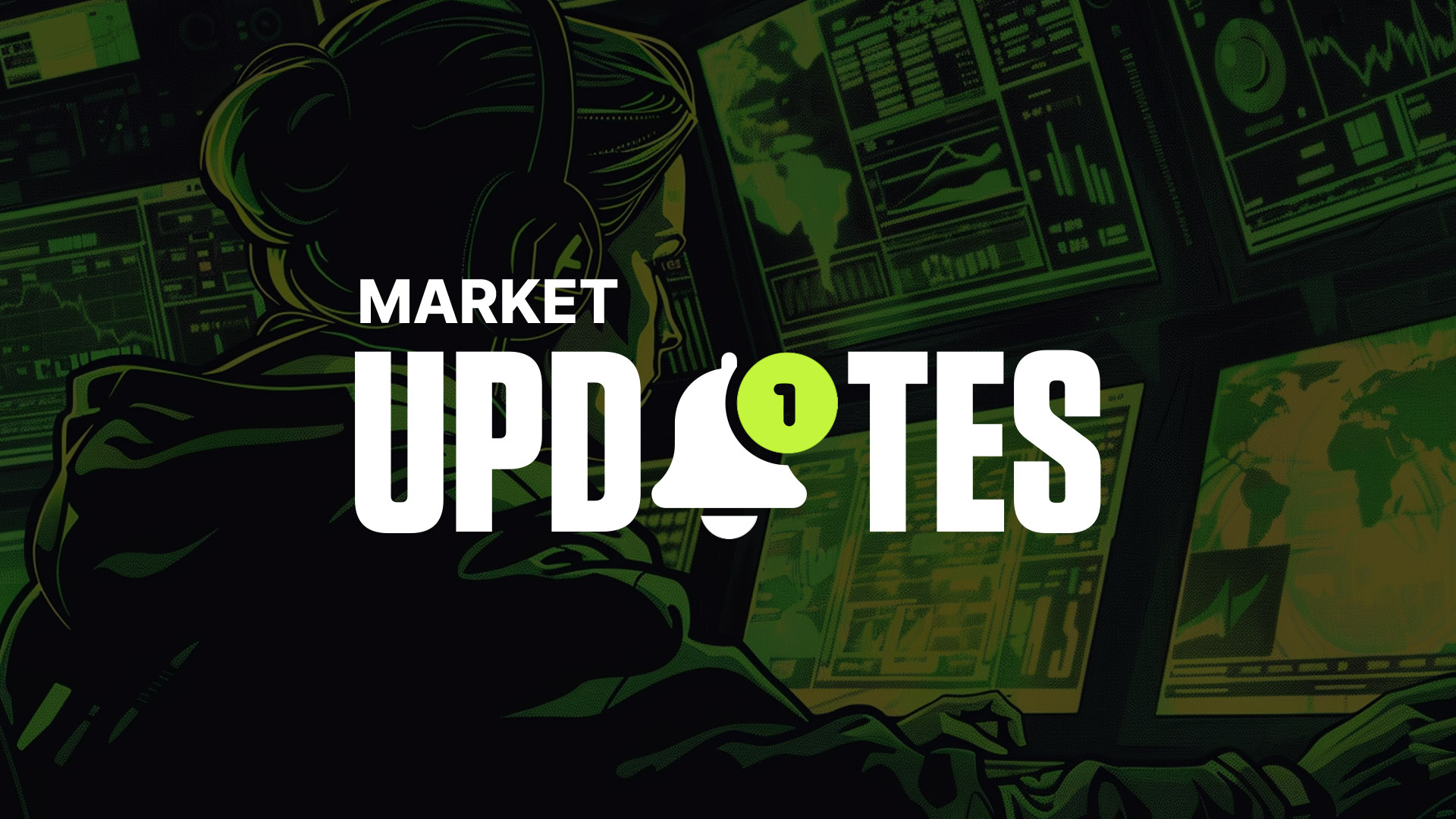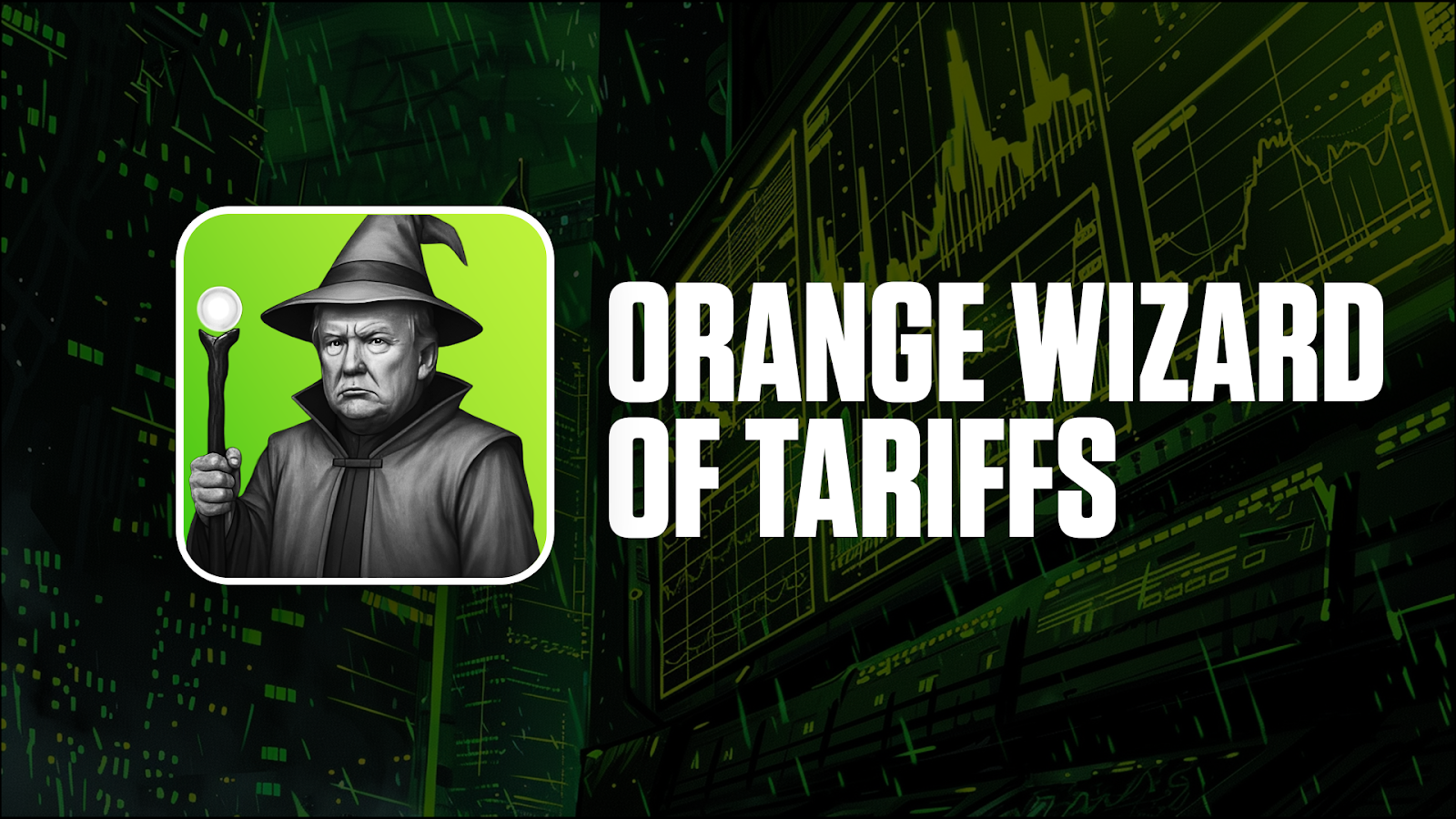
With Ethereum’s recent switch to a Proof of Stake (POS) model, this discussion has only intensified. Many continue to question whether $ETH should be classified as a security or a commodity.
The debate has been further fuelled by a recent lawsuit against crypto exchange KuCoin, which alleges that the firm sold unregistered securities, including $ETH.
Let’s delve into the arguments surrounding the classification of $ETH and the potential implications if it were to be deemed a security by regulators.
TLDR
- A lawsuit against KuCoin by the New York State Attorney General intensified the debate over $ETH’s classification.
- A security is a financial instrument representing ownership in a company or an asset, while a commodity is a physical or virtual good that is used in commerce and can be traded on a regulated exchange.
- Letitia James, the New York Attorney General (NYAG), believes that investing in $ETH is equivalent to investing in a security.
- We believe $ETH is not a security, as thousands of unaffiliated contributors support its success.
- Classifying Ethereum as a security could have outcomes ranging from clear regulatory guidance to legal battles
Ethereum as a security: The NYAG’s take
During a recent lawsuit against the centralised exchange KuCoin, New York Attorney General Letitia James insisted that $ETH might be classified as a security.This argument stems from the fact that $ETH was initially distributed and maintained by the Ethereum Foundation, a non-profit organisation. The foundation was established by a small team of developers who raised funds for $ETH through an ICO (Initial Coin Offering) in 2014. Some of the $ETH funding was received by the foundation and co-founder Vitalik Buterin.
James argued that investing in $ETH involves putting funds into a common enterprise with the expectation of profits from the efforts of others (specifically the developers and management that worked for the Ethereum Foundation).
She also notes that Ethereum’s transition from Proof of Work to Proof of Stake was facilitated by Vitalik Buterin and the Ethereum Foundation, demonstrating their significant influence over the network. This strengthens the case for classifying $ETH as a security, as it highlights the potential for profits to be derived from the efforts of others.
Now, what’s the counter-argument?
Ethereum as a commodity
Although the NYAG’s position may cause concern, it's important to note that her statement alone does not legally classify $ETH as a security. Ethereum’s classification has been subject to a lengthy debate, and can only be definitively resolved through a court decision. However, there is an equally strong argument that Ethereum is not a security.The Attorney General argues that Ethereum relies on the Ethereum Foundation, but this overlooks a crucial distinction - it fails to distinguish between the Foundation's role in 2014 and its role in the network today.
The Howey Test is a rule that helps decide whether a type of investment is considered a "security" under US federal law. This test looks at certain factors, like whether investors put money into a project together with the expectation of making a profit from the work of others.
According to the test, reliance on a promoter (someone who helps start a new project or business by encouraging people to invest their money in it) is crucial. In a token presale or ICO, there might be reliance on the developer, and the Foundation in 2014 could fit that bill.
However, today, the value of $ETH and the functionality of the Ethereum network do not depend on the Foundation. Instead, thousands of unaffiliated developers, validators (who are responsible for verifying the transactions and maintaining the integrity of the network), and users contribute to the network's success.
Validators who participate in Proof of Stake do not benefit from the efforts of others. On the Ethereum network, validators are not rewarded based on the Ethereum developers' growth, but rather their own capacity to keep performing this role.
Other regulators also agree that Ethereum is not a security. At a Senate Agricultural Committee hearing, US Commodities Futures Trading Commission chairman Rostin Behnam stated that both Ether and stablecoins should be considered commodities.
What if ETH is deemed a security?
It's highly unlikely that $ETH will be considered a security in the US because it's now decentralised and doesn't meet the criteria set by the Howey Test, which focuses on whether investors expect profits from the efforts of others. However, there's still a small possibility that it could happen. If it does, exchanges may need to register as securities broker-dealers with the SEC to list it.We like to be as prepared as possible here at Cryptonary, so let’s run down a few scenarios should $ETH be deemed a security:
Best case: $ETH as a security could provide clear regulatory guidance and create a more predictable environment for investors, potentially leading to increased confidence and institutional adoption.
Base case: The designation negatively impacts its value and limits innovation, resulting in decreased adoption and greater regulatory oversight. This scenario could be detrimental to $ETH, but not catastrophic for the overall cryptocurrency industry.
Worst case: The new designation could trigger legal battles, delisting from major exchanges, and a significant drop in value. This could have a ripple effect on the growth and development of the entire cryptocurrency industry, causing uncertainty and setbacks.
Cryptonary’s take
We believe that the likelihood of Ethereum being classified as a security is low due to the significant evidence indicating that it is now decentralised. The Ethereum network has become reliant on the efforts of thousands of developers, validators, and users who would defend the network against any regulatory attacks.However, if such a classification occurred, we hope that a clear path would be laid out for cryptocurrencies under securities laws. The current regulations are not suitable for cryptocurrencies like $ETH, and any attempt to apply them could harm investors and users instead of protecting them.
So what can you do?
Action points
- Stay up to date with the regulatory landscape of the whole crypto sector, not just $ETH, and gain a better grasp of potential regulatory risks. To get familiar with this, take a look at our article on Mango Markets to learn why DeFi tokens may be deemed securities.
- Consider diversifying your cryptocurrency portfolio to include multiple assets, including $BTC, which is currently widely considered a commodity rather than a security. This will reduce your overall risk exposure in case of any unexpected regulatory changes.
- If you are an $ETH holder, monitor news and updates related to regulatory developments closely. While the chances of $ETH being classified as a security may be small, it's important to stay informed and prepared for any potential impact on your investments.
Take your next step towards crypto success
Login or upgrade to Cryptonary Pro
Pro
Get everything you need to actively manage your portfolio and stay ahead. Ideal for investors seeking regular guidance and access to tools that help make informed decisions.
$1,548 $799
No risk. Only upside. If we don’t outperform the market during your subscription, we will give you 100% of your money back. No questions asked
What’s included?
24/7 Access to Cryptonary's Research team who have over 50 years of combined experience
All of our top token picks for 2025
Our latest memecoins pick with 50X potential
On hand technical analysis on any token of your choice
Weekly livestreams & ask us anything with the team
Daily Market Updates that cover the real data that shape the market (Macro, Mechanics, On-chain)
Curated list of the most lucrative upcoming Airdrops (Free Money)
Success Guarantee, if we don’t outperform the market, you get 100% back, no questions asked
Our track record speaks for itself
With over 2.4M tokens and widespread misinformation in crypto, we cut
through the noise and consistently find winning assets.
Frequently Asked Questions
Do I get direct access to the Cryptonary team?
Yes. You will have 24/7 to the team that bought you BTC at $1,000, ETH at $70, and SOL at $10. Through our community chats, live Q&As, and member only channels, you can ask questions and interact directly with the team. Our team has over 50 years of combined experience which you can tap into every single day.
Can I trust Cryptonary's calls?
Yes. We've consistently identified winners across multiple cycles. Bitcoin under $1,000, Ethereum under $70, Solana under $10, WIF from $0.003 to $5, PopCat from $0.004 to $2, SPX blasting past $1.70, and our latest pick has already 200X'd since June 2025. Everything is timestamped and public record.
Do I need to be an experienced trader or investor to benefit?
No. When we founded Cryptonary in 2017 the market was new to everyone. We intentionally created content that was easy to understand and actionable. That foundational principle is the crux of Cryptonary. Taking complex ideas and opportunities and presenting them in a way a 10 year old could understand.
What makes Cryptonary different from free crypto content on YouTube or Twitter?
Signal vs noise. We filter out 99.9% of garbage projects, provide data backed analysis, and have a proven track record of finding winners. Not to mention since Cryptonary's inception in 2017 we have never taken investment, sponsorship or partnership. Compare this to pretty much everyone else, no track record, and a long list of partnerships that cloud judgements.
Why is there no trial or refund policy?
We share highly sensitive, time-critical research. Once it's out, it can't be "returned." That's why membership is annual only. Crypto success takes time and commitment. If someone is not willing to invest 12 months into their future, there is no place for them at Cryptonary.
How often is content updated?
Daily. We provide real-time updates, weekly reports, emergency alerts, and live Q&As when the markets move fast. In crypto, the market moves fast, in Cryptonary, we move faster.
How does the success guarantee work?
If our approach to the market doesn’t beat the overall crypto market during your subscription, we’ll give you a full refund of your membership fee. No questions asked.

















